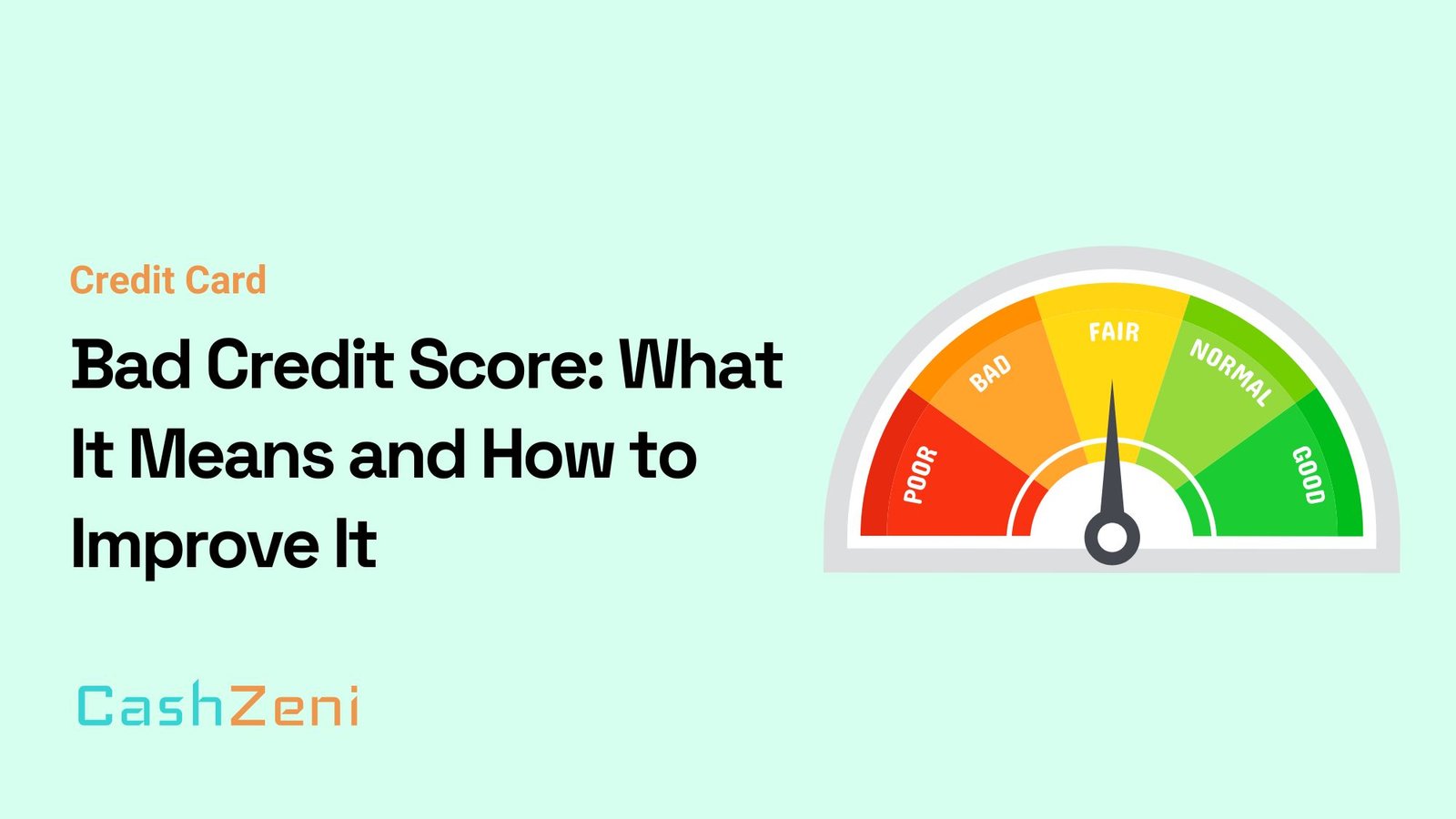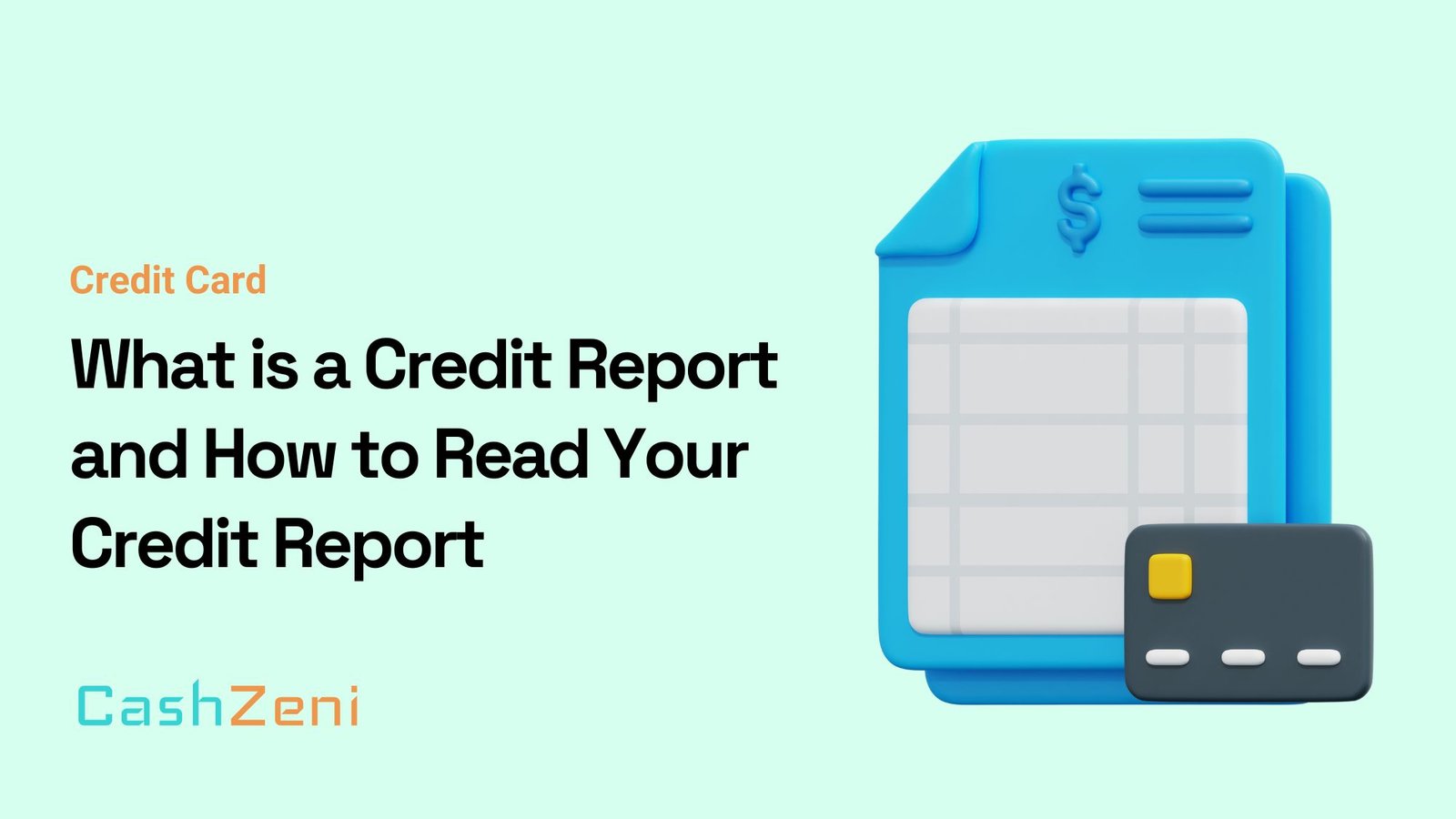Credit cards have transformed the way individuals manage their finances, providing a convenient and flexible means of payment. This extensive guide delves into the world of credit cards, covering their fundamental features, inherent advantages, eligibility criteria, and best practices for effective financial management. Whether you’re a novice seeking to understand credit cards or an experienced user looking for expert insights, this guide has you covered.
Table of Contents
Continue reading to learn more about what is a credit card, credit card’s features, and credit card’s advantages and disadvantages.
What is a Credit Card?
A credit card is basically a financial tool that allows you to borrow money from your bank, in order to meet your necessary expenses, whilst giving you the luxury of repaying the amount later. A credit card offers you a line of credit that can be used to make necessary payments. However, this amount must be paid back to the bank on the due date as mutually agreed upon by the bank and the card holder.
Key Features of Credit Cards
Here are some of the important features of a credit card that you must be aware of-
- Credit Limits: Explore the factors that determine your credit limit and learn how to manage it effectively to avoid exceeding your available credit.
- Interest Rates: Understand the concept of interest rates on credit cards, including the various types of interest charges, introductory rates, and how to calculate interest on outstanding balances.
- Repayment Options: Learn about the different repayment options available to credit cardholders, including paying the full balance, making minimum payments, and the consequences of carrying forward balances.
- Rewards Programs: Discover the world of credit card rewards and loyalty programs, including how to maximize your rewards, choose the right program for your needs, and effectively redeem your accumulated points or cashback.
- Additional Benefits: Explore the additional perks and benefits offered by credit cards, such as purchase protection, extended warranties, travel insurance, and exclusive access to events or airport lounges.
Credit Cards: Eligibility Conditions
You are eligible to apply for a credit card only if you meet the following credit card eligibility conditions-
- You are an Indian citizen, at an age equal to or more than 18 years
- You are either a salaried professional or self-employed
- You have a fixed mode of income (specific conditions vary from bank to bank)
- You have a good credit score (700 or more)
Various banks or financial institutions go through your financial backgrounds and review your credit history, considering which they offer you to buy a credit card following a simple process. These cards are termed pre-approved credit cards.
Additionally, there are also various tools like credit card eligibility checkers that help you check credit card eligibility online in a few minutes!
If you are credit score not good you can still apply for credit card via FD(Fixed Deposit) checkout more detail here – How to get a Credit Card Against Fixed Deposits?
Advantages of Credit Cards
Confused about buying a credit card? Here are some reasons that you should definitely go ahead-
- Credit cards are a great way to build a good credit history for yourself and expand your buying power
- Using a credit card offers you increased flexibility while making payments
- Having a good financial history will help you establish a good credit score, thereby making you eligible for availing the benefits of other financial products like loans and mortgages
- As you use a credit card frequently, you can collect some points on every purchase that you make. These points can later be redeemed while making payments on travel or other e-commerce platforms
- As compared to other modes of payments, credit cards are considered a more secure way of making financial transactions
- If the need arises, you can also convert your credit purchases into EMIs and repay the billed amount gradually
Disadvantages of Using a Credit Card
Listed below are some of the reasons that people think twice before getting themselves a credit card-
- A credit card is issued with the condition of paying back the spent amount to the bank, along with the applicable amount of interest on the money spent
- If somehow, you fail to make your credit payments to the bank in time, you will have to bear fees owing to high credit card interest rate; which may eventually lead you to fall in debts
- Missing out on your credit payments to the bank, or even maximizing your credit payments may drop your credit score
Which Credit Card is Right for You?
Catering to various needs of the people, there are various types of credit cards available with financial institutions. Depending on your purpose of buying one, you can choose from the given list of various types of credit cards-
- For the travel addicts– Credit cards for travel are the ones that suit all your travel needs, ranging from airline bookings to hotels and cabs. You can earn reward points on every purchase that you make and use them to make more bookings in the future!
- For your transportation needs– Fuel credit cards are meant to reduce your transportation costs. These cards help you avail of fuel surcharge waivers; thereby allowing you to make substantial savings on your fuel expenses.
- For additional discounts– Reward credit cards offer huge rewards on your spending. You can earn bonus points on every purchase and redeem them to avail discounts on your future purchases.
- For shoppers– Shopping credit cards allow you to shop at various partnered stores, whether online or offline. This card offers you various discounts in the form of cashback, discount vouchers, among many others.
- For extra savings– Secured credit cards can be availed against fixed deposits and allow you to benefit from attractive interest rates. Using this card will help you build a better credit history and grow your credit score.
Best Practices for Credit Card Management
- Budgeting and Spending Discipline: Learn effective budgeting techniques and how to exercise discipline when using credit cards to maintain financial stability.
- Debt Management Strategies: Explore strategies for managing credit card debt, including tips for paying off balances, debt consolidation, and utilizing balance transfer options.
- Credit Score Improvement: Discover proven methods for improving your credit score through responsible credit card usage and effective credit management techniques.
- Avoiding Common Pitfalls: Understand the potential pitfalls associated with credit cards, such as overspending, accumulating high-interest debt, and falling victim to scams or identity theft. Learn how to avoid these pitfalls and protect your financial well-being.
- Regular Monitoring and Review: Gain insights into the importance of monitoring your credit card statements, reviewing your credit reports, and promptly addressing any discrepancies or fraudulent activities.
Final Words
Credit cards have revolutionized personal finance, providing individuals with a wide range of benefits and conveniences. Understanding the key features, advantages, eligibility criteria, and best practices associated with credit cards empowers users to make informed decisions and effectively manage their financial well-being. By implementing the insights shared in this comprehensive guide, individuals can optimize their credit card usage, build a strong credit history, and achieve financial success.
Frequently Asked Questions (FAQs)
What is the minimum age requirement for obtaining a credit card?
The minimum age requirement to obtain a credit card varies across countries and card issuers. In many countries, the minimum age is 18 years old. However, some card issuers may offer specialized credit cards for individuals aged 16 or 17 with parental consent.
How do credit card issuers determine the credit limit for cardholders?
Credit card issuers determine the credit limit based on several factors, including the individual’s creditworthiness, income, employment history, and existing debts. Applicants with a higher credit score and stable income are more likely to be approved for higher credit limits.
Can I have multiple credit cards from different issuers?
Yes, it is possible to have multiple credit cards from different issuers. However, it is important to manage them responsibly and avoid taking on more credit than you can handle. Multiple credit cards can offer benefits such as diversifying rewards programs and increasing your available credit, but it is crucial to use them wisely and avoid excessive debt.
What are the potential risks of using credit cards?
Using credit cards carries certain risks, such as overspending, accumulating high-interest debt, and falling victim to scams or identity theft. It is essential to use credit cards responsibly, make payments on time, and avoid carrying balances with high-interest rates to mitigate these risks.
How can I dispute a fraudulent transaction on my credit card?
If you notice a fraudulent transaction on your credit card statement, promptly contact your card issuer’s customer service. They will guide you through the dispute process and investigate the transaction. It is crucial to provide any supporting documentation or evidence to support your claim.
Can I transfer my credit card balance to another card with a lower interest rate?
Yes, many credit card issuers offer balance transfer options that allow you to transfer your existing credit card balances to a new card with a lower interest rate or promotional period. This can help you save on interest charges and pay off your debt more efficiently. However, there may be fees associated with balance transfers, so it is important to carefully review the terms and conditions.
What is a grace period, and how does it affect credit card interest charges?
A grace period is a specified period, usually between 21 to 25 days, during which cardholders can pay their credit card balance in full without incurring interest charges. If the balance is not paid in full by the end of the grace period, interest charges will be applied to the remaining balance. Not all credit card transactions have a grace period, such as cash advances or balance transfers.
How can I build a good credit history with a credit card?
Building a good credit history with a credit card involves making timely payments, keeping credit utilization low, and maintaining a responsible borrowing pattern. Paying your credit card bills on time and in full each month demonstrates your creditworthiness and helps establish a positive credit history.
What should I do if I am unable to make the minimum payment on my credit card?
If you are unable to make the minimum payment on your credit card, contact your card issuer as soon as possible. They may be able to provide assistance, such as adjusting your payment due date or setting up a payment plan. It is important to communicate with them to avoid late payment fees and negative impacts on your credit score.
What factors should I consider when choosing a credit card rewards program?
When choosing a credit card rewards program, consider factors such as the types of rewards offered (cashback, points, airline miles), the redemption options available, any annual fees associated with the card, and the compatibility of the rewards program with your spending habits and lifestyle. Additionally, review the terms and conditions, including



